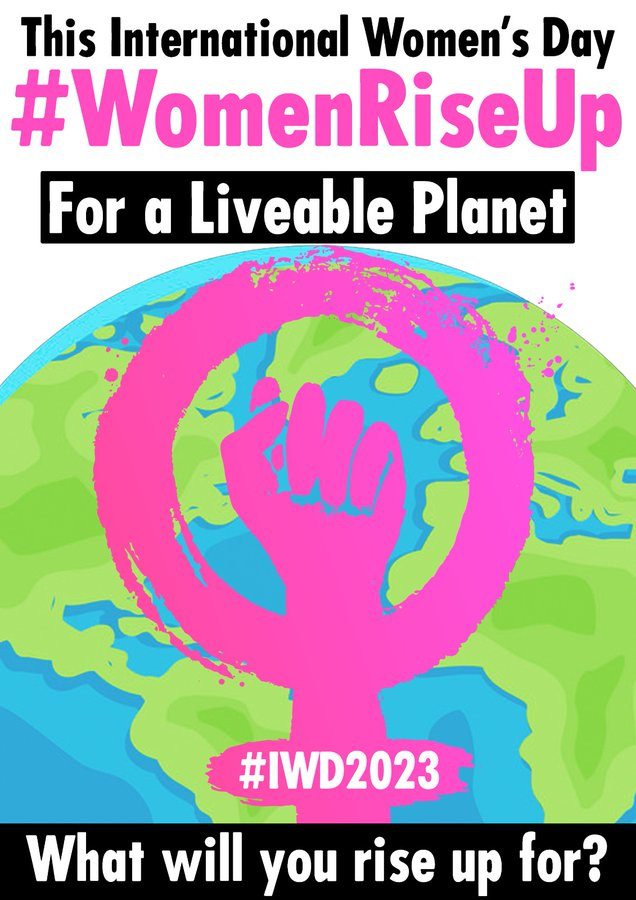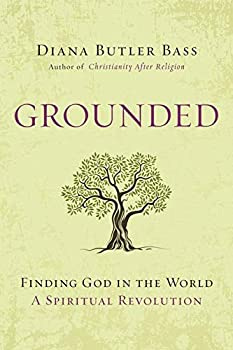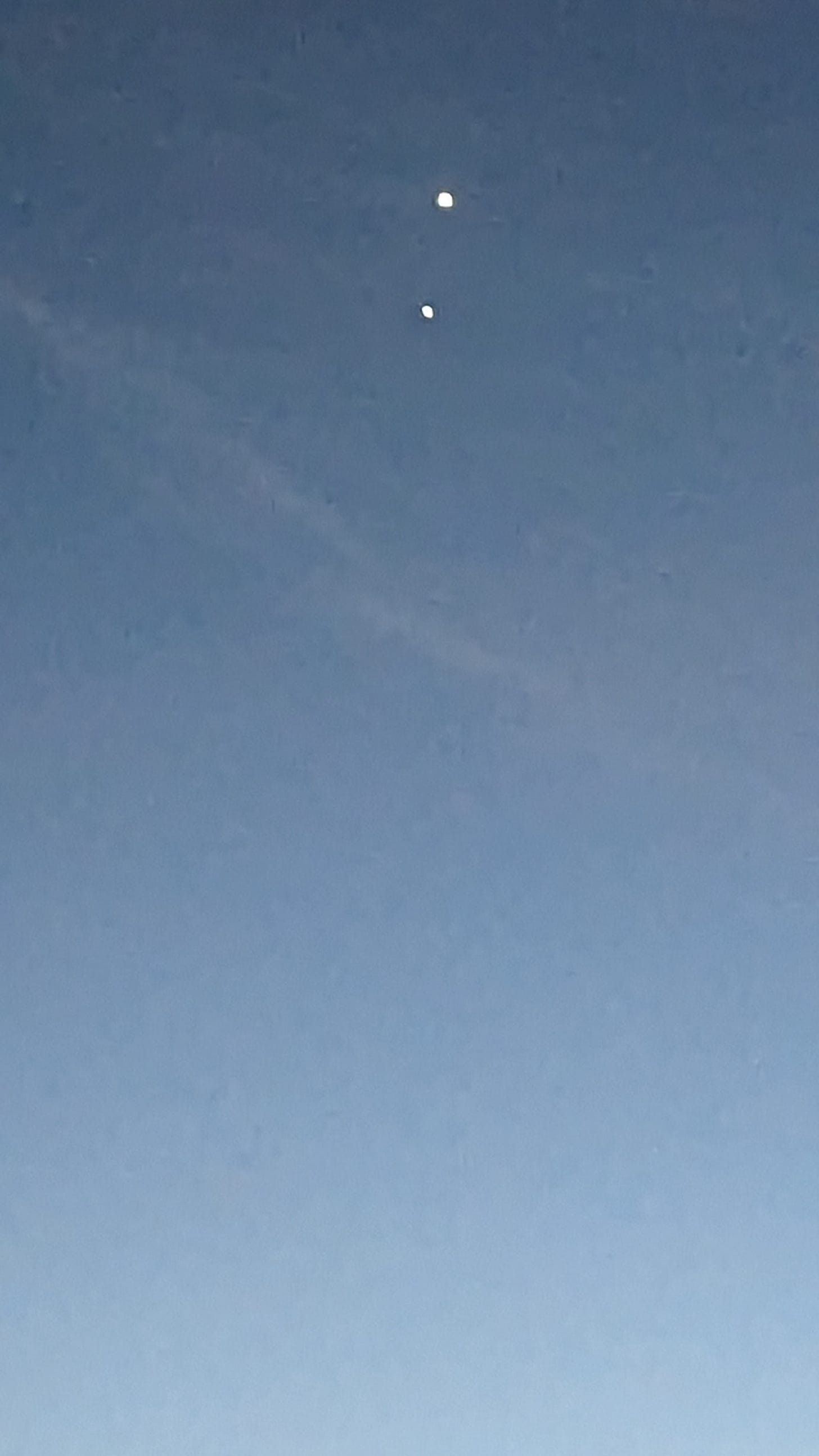Hi friends. You may have noticed that this newsletter has a different format than what you have been used to. That is because I switched over to Substack this week. There is no change required on your part, but there are two key benefits for you. First, you can now choose to read the newsletter either here, in your email inbox, or on the Substack app, which can be opened on your computer, or on your iOS or Android devices. Go to Substack.com to find out more.
Second, all of the previous newsletters are archived on my newsletter page, and so it is easy to go back and read previous editions if you want, without having to search through your emails to find them.
One other note: because the newsletter is on Substack, they are easier to find and share with people who you think would be interested. Please do so!
“You can’t buy yourself ethical.”1 This is a line in Aja Barber’s book, Consumed, which explores the ecological and social costs of fast fashion, and advocates for new ways of dressing ourselves that fight against colonialism, climate change, and consumerism. That line, “you can’t buy yourself ethical,” has been haunting me for the last several weeks.
How many of us have been guilty of this? How many of us have focused on what we buy at the store as a key part of our environmental action? We try to reach for the organic produce or t-shirts (I’m wearing one now); we go for the ‘green’ skin care products; we aim to buy plastics that have been made from recycled materials; and, if we are financially able, we go for the hybrid or electric car for our next purchase.
Don’t get me wrong: with the exception of the dubious claims about ‘recycled plastics’ (that’s a post for another day) and ‘green’ skin care products (how do industries determine what is ‘green’ about their products?), it is important that we try to buy organic, and invest in cars that use less or no gasoline. The problem, however, is that we have been taught by industry, in a massive case of greenwashing, that it is in our purchasing power that we can be ‘ethical,’ that we can make a positive impact on the planet, that we can help make the world ‘go green.’
Religious studies scholar Sarah McFarland Taylor calls this “ecopiety.” Ecopiety, she says, is comprised of
contemporary practices of environmental (or 'green') virtue, through daily, voluntary works of duty and obligation - from recycling drink containers and reducing packaging to taking shorter showers and purchasing green products. Practices of ecopiety evoke an idyllic harmonial model of proper relations cultivated between humans and the more-than-human earth.2
Ecopiety encompasses the actions that we take to be environmentally virtuous; actions that make us believe that we are making a positive difference for the planet, that we are ‘doing our part’ in fighting climate change and other aspects of the ecological crisis.
Ecopiety is what results when we live in a time of rampant consumerism in which we have been taught, consciously and subconsciously, since we were very little, that we are what we buy; we are shaped in our identities by what we consume. So, for many of us who are worried about the climate emergency and ecological crisis and want to make a difference, we turn to making ‘green’ consumer decisions, buying ‘environmentally friendly’ products and looking for organic food and clothing. We seek to make such ‘green’ decisions so that we can feel that we are making a difference, doing the right thing. We seek to be virtuous in our consumption patterns, for the greater good.
Yet, Aja Barber reminds us: we cannot buy ourselves ethical. As she says, “you really can’t buy your way to being more sustainable.” That is because the root causes of our planetary crisis are a toxic combination of colonization, free market capitalism, and consumerism. Our ecopious choices will not heal the planet. Our green shopping habits will not make a difference to the rate of global heating; they will not reduce pollution; they will not restore relationships between the Global North and the Global South; and they will not, on their own, move us to the radical changes that we actually have to make if we want to move the needle on climate change.
Don’t get me wrong; I believe that the individual changes that we make are part of a greater whole, and can help to form our characters in order to help us be better able to take the difficult actions that will move the needle of change. However, not all changes are the right ones. It isn’t so much about what we buy; it is that we buy less. Much, much less. In every single category of our lives. Yes, we need to move to all electric cars; but there needs to be a lot fewer cars on the road. Yes, we need to buy clothing that is produced in ways that are easier on the planet, but we need to buy way less clothing, keep them for a lot longer, and then get them repaired, to avoid the dumping of clothes overseas, the massive use and pollution of water, and the sweatshop conditions that make the clothing so inexpensive to begin with. Even most ‘organic’ clothing is made in countries with lax environmental and employment safety standards.
But above all, what we need are policy changes; changes to law and legislation that outlaw so much that is harmful. That keep fossil fuels in the ground. That outlaw sweatshop conditions in factories. That ban the use of chemicals that are known to harm people and the planet. That create strong and enforceable consequences for companies that ravage the Amazon, do mountaintop removal mining, or cause oil spills. And so on.
The problem with ecopiety is that it is meant to keep us from getting political; to keep us from agitating for legislative change here and around the world. It is designed to keep us pacified, content in just ‘doing our part’ for the planet, so that we don’t notice the larger systemic forces that are at play, the systemic forces that need to be changed in order to make real, effective climate and ecological changes.
As people of faith, we have a real and deep desire to have our actions cohere with our beliefs. We want to feel that we are living out our Christian (or other faith tradition’s) values in the world, that we are living in a way that is faithful to God. And so, this notion of ecopiety, this sense that we are being environmentally virtuous in our shopping habits, can play into this desire, and keep us from taking the hard actions, the difficult ones, the political and the contentious, that are needed to move the needle for real change. Ecopiety taps into our desire for a religious piety, actions that reflect our beliefs, that tap into the duties and obligations that we feel as followers of Jesus.
I know that, for progressive Christians, this notion of a religious piety can feel uncomfortable! But whatever we call it, we are called to live out our faith in our actions. This is discipleship.
But we cannot buy ourselves ethical. We cannot consume our way to a cooler planet. We cannot shop our way to less pollution, clean water on Indigenous reserves, the removal of toxic waste from poor and BIPOC communities. We cannot shop our way to a cap on global warming to only 1.5°C. Shopping or consuming is not the path to an environmental virtue that coheres with our faith.
What is the path? Policy change. Legislative action. The mass movement of people speaking up and out for the forests, for the oceans, for the atmosphere, for the poor and the suffering in human and more-than-human communities.
This is the path. This is the hard work that is required of us. Depending upon our social locations, there is a different responsibility upon each of us. What is your part? How are you called, as a person of faith, to pick up your cross and follow Jesus? How are you called, as a person of faith, to live out your belief, your concern for God’s creation, in your life? What hard thing can you do, to move the needle?
Aja Barber, Consumed: The Need for Collective Change: Colonialism, Climate Change, and Consumerism (New York: Balance, 2021), 237.
Sarah McFarland Taylor, Ecopiety: Green Media and the Dilemma of Environmental Virtue (New York: New York University Press, 2019), 3
International Women’s Day March 8
I have been marking International Women’s Day for more than 30 years; I tried to find the photo of earnest young me, at 19, carrying a large sign that I had made. It said, “WITCH: Woman of Intelligence Trying to Change Humanity”. This photo made it into the Toronto Sun that year – March 1992.
This year, I invite you to check out the group Women’s Climate Action https://womensclimateaction.net/2022/08/23/womens-climate-strike/
They are raising awareness around the ways in which women are disproportionately affected by the climate crisis. As part of their actions this week, they are inviting women to do the following:
“Anyone can take part.
Take a 📷 of yourself with a 🪧sign saying which climate issue you want to highlight this IWD.
Use the hashtags:
#WomenRiseUp
#IWD2023”
I will be making my sign and posting it to Twitter and my other social media accounts, highlighting the issue of lack of clean water in Indigenous communities in Canada. What climate issue are you going to raise this International Women’s Day?
Reading for Transformation
(In this section, I usually include a book that was helpful to me in my dissertation research, and then a newer one that I have found in the last year or so)
Pedagogy of Hope: Reliving Pedagogy of the Oppressed by Paulo Freire. With notes by Ana Maria Araujo Freire. Tranlated by Rober R. Bar (London: Continuum, 2002).
In my own work, I focus on the need for action in response to the climate and ecological crisis. Central to this has been to understand what action means, and what kind of action we are looking for. The work of Paulo Freire has been very important in this regard. Freire was a Brazilian educator and thinker in the late 20th century who centered his work within poor communities in Brazil. He developed the idea of a praxis, a means of action and reflection upon that action in a continuing dialectical movement, as a means to conscientization, the development of critical consciousness in both the oppressed and those who oppress them. He taught a way of reading the world in order to change the world. This book, Pedagogy of Hope, seeks to explore what such a conscientizing might look like for the oppressor; people like me, in order for us to be transformed in relationship with the oppressed. This book continues to be highly relevant in our world today, for both social and ecological justice.
Grounded: Finding God in the World: A Spiritual Revolution by Diana Butler Bass (New York: HarperOne, 2015)
I was lucky to find this book for $5 at Chapters! Diana Butler Bass, a prolific writer who observes and writes about the trends and movements that she sees within contemporary Christianity, explores in this text the movement of people out of the church/institutional religion and toward finding God in community, in nature, in relationship with the people and nature in which they are immersed. She suggests in this book that this is part of a spiritual revolution from experiencing a ‘vertical God to a God found in the horizons of nature and human community.” If we are to be successful in calling people of faith to action on behalf of the Earth, understanding where and how they are experiencing the Holy is essential. I haven’t read this book yet, but I will be very soon. Have you read it? Let us know in the comments what you think.
Earth Community in Pictures
Check out this picture of Venus and Jupiter together! So clear to the naked eye! Subscriber Marg Murray sent this to me. It was taken in the evening of March 1. She shared the delightful story of how she noticed it, interspersed with the details of her grandson’s hockey game. 😊 She noted that as she sat quietly watching it, there was no sound, and pondered: “Probably too far away to hear it? Or the spinning of the planets is too high frequency? But still a connection in God’s world and just as important, a connection between the generations.” She also noted that while she saw it on her way to the hockey game, when she came back outside after the game, there was cloud cover. A reminder to us all, perhaps, to pay attention; you never know what you’ll see, before it is hidden again. The wonder of the Earth community.










The amount of effort you put into this for us is beautiful